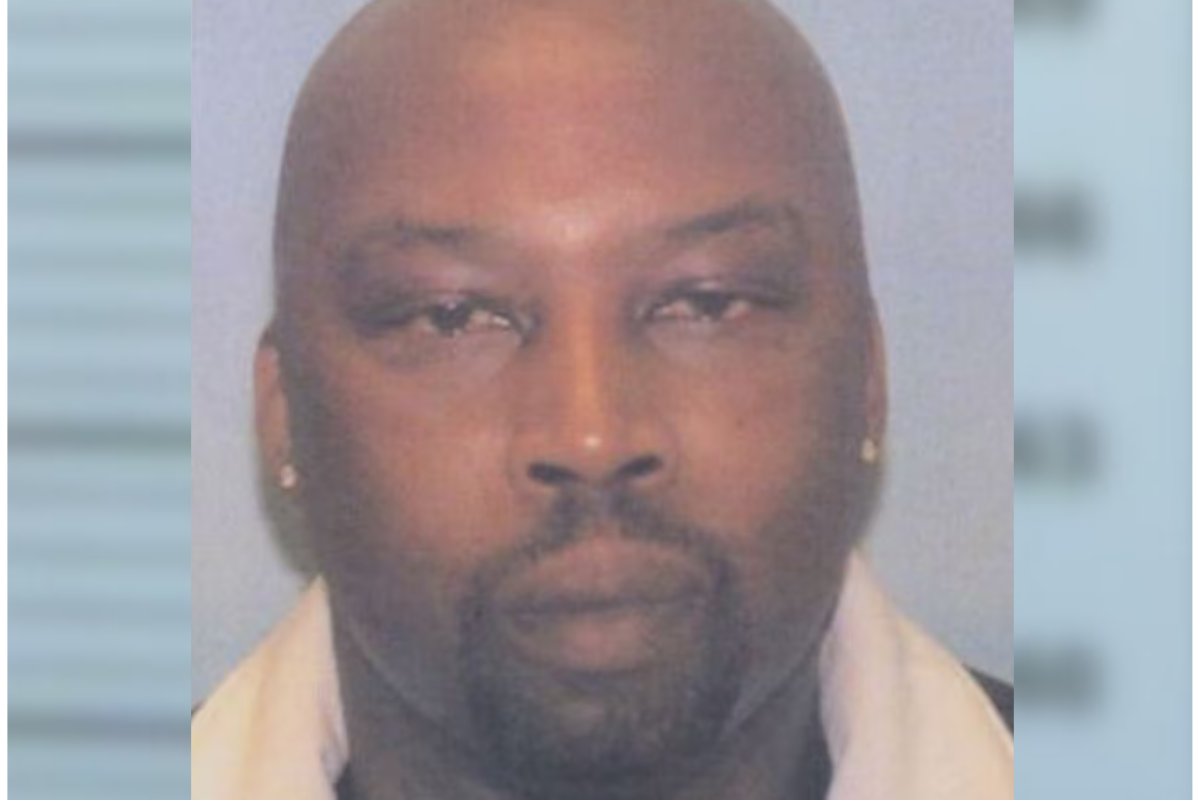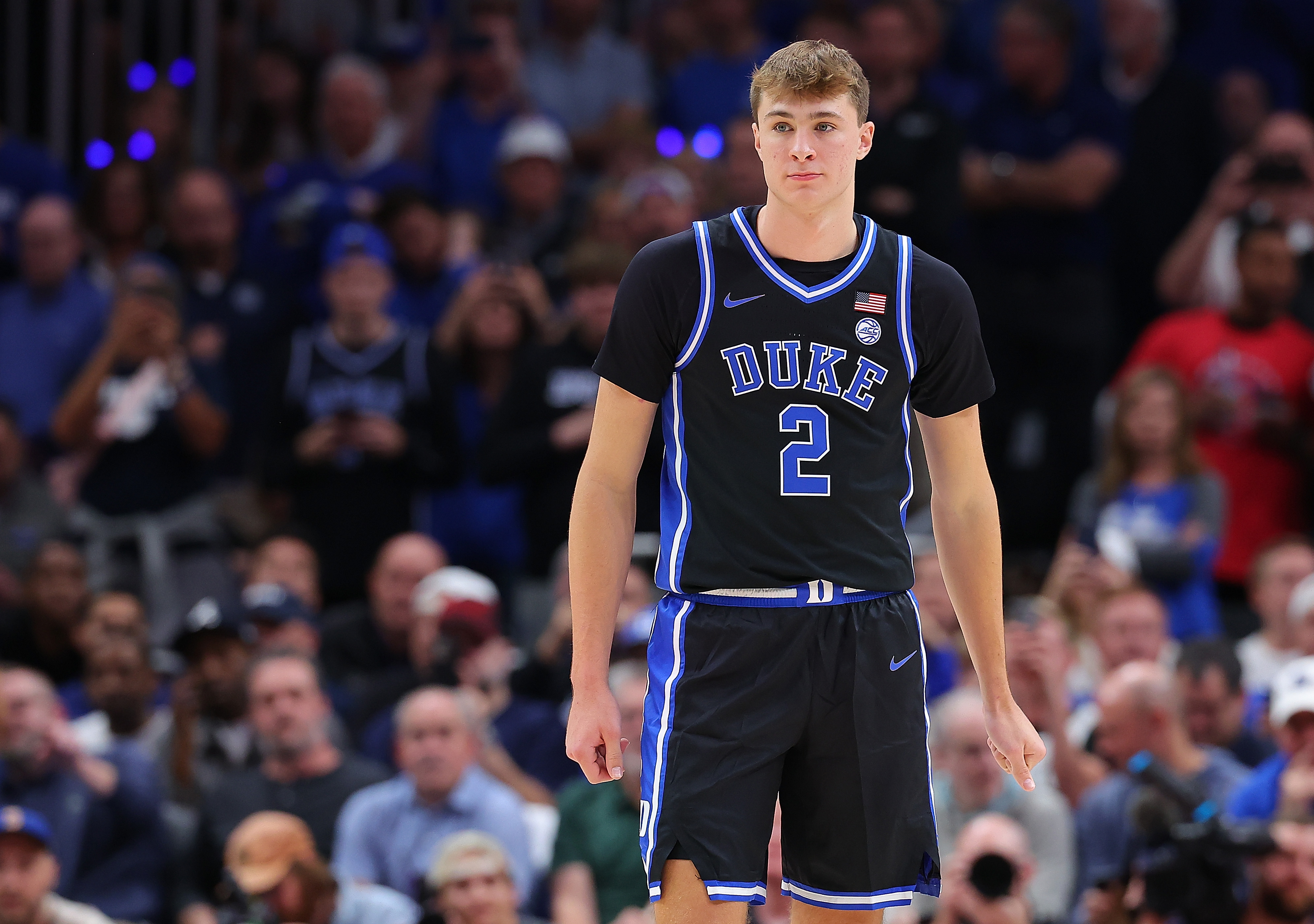The Supreme Court has denied a request to delay a new trial for David M. Smith, the Ohio man convicted of attempted murder in a nearly decade-old case.
Smith was sentenced to 22 years in prison in November 2016 for attempted murder and other crimes after Quortney Tolliver, 24, was found suffering from massive head trauma after being struck by a hammer on October 16, 2015, in her Ravenna Township home.
According to court documents filed last month, Smith and Tolliver met weeks before her attack when Smith and another woman bought crack from her.
On the day of the attack, Smith and Tolliver were allegedly texting about getting together. He entered her home as she finished getting ready, and when she turned her head, she said she felt a blow to the head.
"She then 'turned back around' and 'looked at him and...got another hit' to the head. Tolliver then 'fell to [her] knees' and tried to grab her taser, but 'blacked out' instead," according to the documents.
Tolliver survived the attack but spent weeks recovering.
Officials at the time revealed that Smith had a lengthy criminal record, including convictions for aggravated robbery, attempted robbery, attempted aggravated vehicular assault, and assault.
Friday's Supreme Court decision for Smith's new trial comes after a controversial appeal process.

The 6th Circuit Court of Appeals overturned Smith's conviction in 2024, ruling that certain testimony presented during his original trial should have been excluded. The court determined that the testimony may have unfairly influenced the jury's decision and consequently ordered a new trial.
In response, Cynthia Davis, a warden acting on behalf of the state, sought to stay the appellate court's mandate while she prepared a petition for the Supreme Court to review the case. Davis argued that delaying the retrial was essential to allow the highest court in the land to weigh in on the issue.
However, the Supreme Court declined the request, effectively allowing the 6th Circuit's decision to stand. This means that preparations for Smith's retrial can now proceed without interruption.
The state's initial petition against Smith has been a point of contention, with legal experts debating the implications of the 6th Circuit's ruling and whether the testimony in question should have been permitted.
Smith's legal team has welcomed the decision to move forward with a new trial, emphasizing the importance of due process and a fair hearing.
Smith's retrial is expected to draw significant attention, with both sides preparing to revisit the evidence under heightened scrutiny.
Do you have a story Newsweek should be covering? Do you have any questions about this story? Contact LiveNews@newsweek.com




















 English (US) ·
English (US) ·